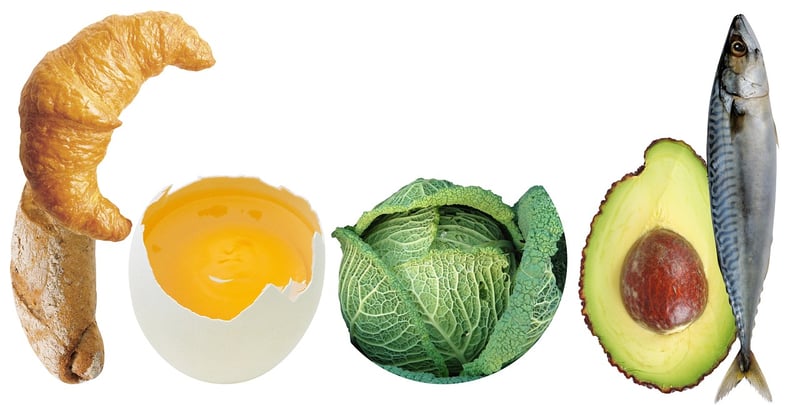Nutrient Deficiencies
Common Plant Issues: Nutrient Deficiencies
Plants are a wonderful addition to any home or garden, but sometimes they can encounter issues that affect their growth and health. One common problem that plant owners face is nutrient deficiencies. Understanding and addressing these deficiencies can help your plants thrive and flourish. Let's delve into the world of plant nutrition.
Identifying Nutrient Deficiencies
Plants require a variety of nutrients to grow properly, including nitrogen, phosphorus, potassium, calcium, magnesium, and others. When a plant lacks any of these essential nutrients, it can exhibit specific symptoms that indicate a deficiency.
- Nitrogen (N) Deficiency: Yellowing of older leaves.
- Phosphorus (P) Deficiency: Dark green or purple leaves.
- Potassium (K) Deficiency: Yellow leaf edges.
- Calcium (Ca) Deficiency: Leaf tip burn or blossom end rot.
- Magnesium (Mg) Deficiency: Yellowing between leaf veins.
Addressing Nutrient Deficiencies
If you suspect that your plant is suffering from a nutrient deficiency, there are several steps you can take to remedy the situation:
- Identify the Deficiency: Look for specific symptoms to determine which nutrient your plant lacks.
- Adjust Soil pH: Some nutrients are only available to plants within a certain pH range, so testing and adjusting the soil pH can help.
- Choose the Right Fertilizer: Select a fertilizer high in the deficient nutrient or use a balanced fertilizer.
- Apply Nutrient Supplements: Consider using organic or synthetic supplements to boost nutrient levels.
- Monitor Progress: Keep an eye on your plant's response to treatment and make adjustments as needed.
Preventing Nutrient Deficiencies
Prevention is key when it comes to nutrient deficiencies. Here are some tips to help keep your plants healthy and well-nourished:
- Regularly Test Soil: Check the soil pH and nutrient levels to ensure they are within the optimal range.
- Provide Balanced Fertilization: Use a variety of fertilizers to ensure your plants receive all the necessary nutrients.
- Practice Crop Rotation: Rotate your plants to different locations each season to prevent depletion of specific nutrients in the soil.
- Use Organic Matter: Incorporate compost and organic matter into the soil to improve its nutrient content.
By being proactive and observant, you can help your plants avoid nutrient deficiencies and promote their overall well-being. Remember that each plant species has unique nutrient requirements, so it's essential to research the specific needs of your plants to ensure they receive adequate nutrition.
For more information on plant nutrition and care, consult with your local gardening center or agricultural extension office. Happy gardening!

